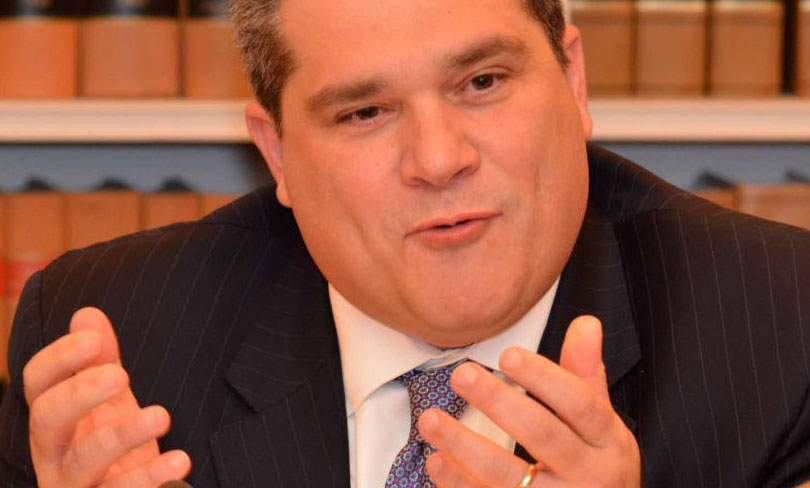With New Jersey residents having become more reliant on the internet while completing tasks remotely amidst a worldwide pandemic, a bill sponsored by Assembly Democrats Nicholas Chiaravalloti, Robert Karabinchak and Verlina Reynolds-Jackson creating a commission to study the feasibility of establishing community broadband networks in the state was signed into law Wednesday.
Community broadband networks are locally owned and developed networks that help connect a certain geographical area to the wider internet. They are especially useful in areas where residents cannot afford private internet providers’ higher-priced rates and rural areas that are too remote for providers to bother setting up a network.
“One of the many lessons we have learned from this pandemic is just how important internet access is for many aspects of modern-day life,” said Assemblyman Chiaravalloti (D-Hudson). “In order to avoid exposure to a deadly virus, many of our residents have been forced to rely on technology more than ever before to conduct their business. Yet far too many residents lack access to high-speed internet, which is why we need to look into ways we can ensure access for everyone.”
Under the law (formerly bill A-850), a 19-member commission will be created to study several aspects of these networks and report back to the Governor and Legislature one year later with its findings.
The commission will evaluate impediments of access to broadband service for all residents. It will also study the possible advantages of utilizing already established broadband infrastructure, look into cost-effective methods for establishing networks and what methods other areas of the country have used, investigate all possible funding sources, and more.
“Working from home, attending online classes, speaking with doctors, shopping for essentials and staying in touch with loved ones are just some of the many ways the internet is used every day by our residents,” said Assemblyman Karabinchak (D-Middlesex). “Without access to reliable internet – none of that is possible. That’s why we need this commission to look into community broadband networks that could potentially provide affordable service to our least-connected communities.”
Data from the Census Bureau shows that residents of cities and poor rural areas have less access to the internet than those in wealthier suburbs. New Jerseyans in the lowest income brackets have around half the rate of internet access as those in the highest income brackets.
“Guaranteeing internet access for all residents is a matter of equity,” said Assemblywoman Reynolds-Jackson (D-Hunterdon, Mercer). “We cannot let any New Jersey family get left behind simply because they live in an area that private companies do not find lucrative or because they don’t make enough to afford expensive internet charges. This commission will help us understand how to make the idea of a broadband network – which would have the best interests of local communities in mind – a reality.”


